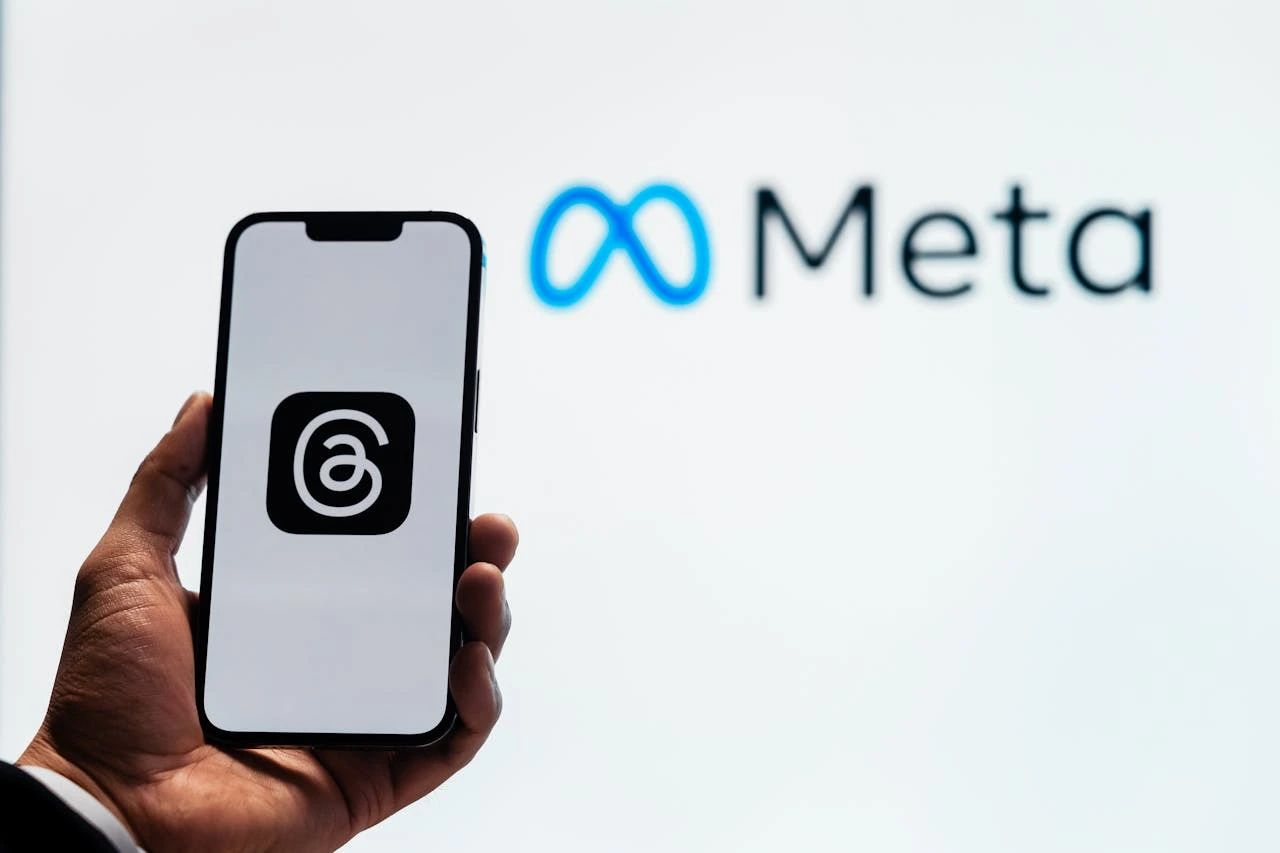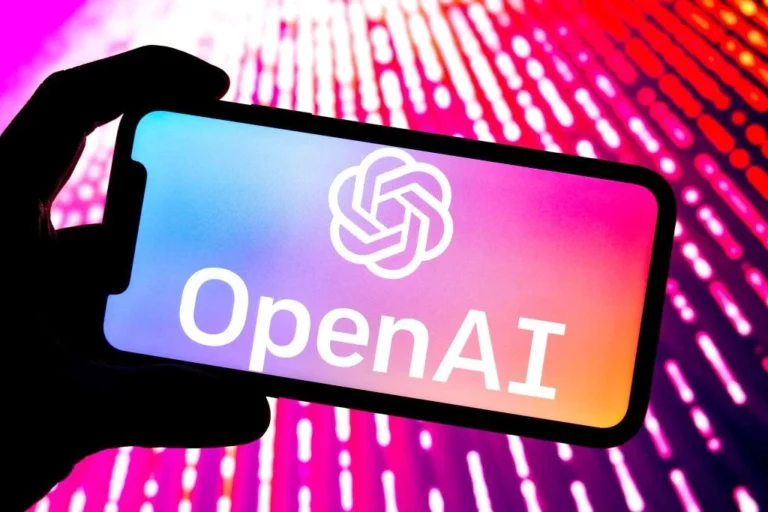On Wednesday, a representative from Meta Platforms criticized Malaysia’s initiative requiring social media platforms to secure regulatory licenses by January 2025. The official claimed the proposal suffers from a lack of clear guidelines and insufficient time for compliance, which could jeopardize digital innovation and growth within the country.
In July, Malaysia announced that all social media and messaging services with over eight million users would be mandated to obtain a license as part of a broader strategy to combat financial scams, cyberbullying, and sexual crimes online. Failure to meet the January 1 deadline could result in legal repercussions for these companies.
This licensing requirement has sparked significant opposition, including from an Asian industry group that counts Meta among its members. In August, this group urged the Malaysian government to pause the implementation of the plan. Nevertheless, the government has remained firm, with Communications Minister Fahmi Fadzil insisting that tech companies must adhere to local regulations to continue their operations within Malaysia.
Rafael Frankel, Meta’s director of public policy for Southeast Asia, indicated that the company had yet to determine whether it would apply for the license ahead of the looming deadline. He expressed concerns about the ambiguity surrounding the new regulations, describing the timeline for license applications as “exceptionally accelerated.” Frankel emphasized that regulatory processes of this nature typically require several years and multiple iterations to be effectively structured, balancing safety needs with the imperative to foster innovation and digital economic growth.
In response to inquiries regarding these issues, Malaysia’s communications ministry had not provided immediate comments. However, following a meeting with Meta representatives, Minister Fahmi acknowledged the company’s willingness to collaborate with the government while urging it to take more decisive action against sexual content involving minors on its platforms. He emphasized that Meta shared the government’s vision for creating a safer online environment and was actively working with the communications regulator to remove or limit harmful content.
Minister Fahmi remarked, “We don’t need a licensing regime to take online safety seriously. We already take it seriously.” This statement highlights the government’s belief that existing frameworks should suffice for ensuring online safety without the need for additional licensing requirements.
Frankel noted that Meta has conveyed its concerns to the Malaysian government, hoping to “bridge the differences” over the proposed regulations before they take effect. However, he did not disclose specific details regarding these discussions.
Malaysian authorities have categorized various forms of online content as harmful, including online gambling, scams, child pornography, grooming, and cyberbullying, as well as content related to sensitive issues such as race, religion, and royalty. Earlier this year, Malaysia experienced a notable surge in harmful social media content, prompting officials to call on platforms like Meta’s Facebook and TikTok to enhance their monitoring efforts.
The criticisms from Meta underscore a growing tension between technology companies and government regulations, particularly in markets like Malaysia, where the push for stringent oversight is intensifying. As governments worldwide grapple with the implications of digital content and its effects on society, companies like Meta are finding themselves navigating complex regulatory landscapes that can stifle innovation if not handled carefully.
The situation in Malaysia serves as a microcosm of broader global discussions about the balance between regulation and innovation in the tech sector. As digital platforms become increasingly integral to communication and commerce, the challenge for governments will be to implement effective regulations that protect users without hindering the growth and evolution of technology companies.
In summary, while Malaysia aims to enhance online safety through its licensing proposal, the swift timeline and lack of clarity have raised concerns among major social media platforms. The outcome of these discussions could set a precedent for how similar regulations are approached in other regions, highlighting the need for collaboration between governments and technology companies to ensure a safe and innovative digital future.






